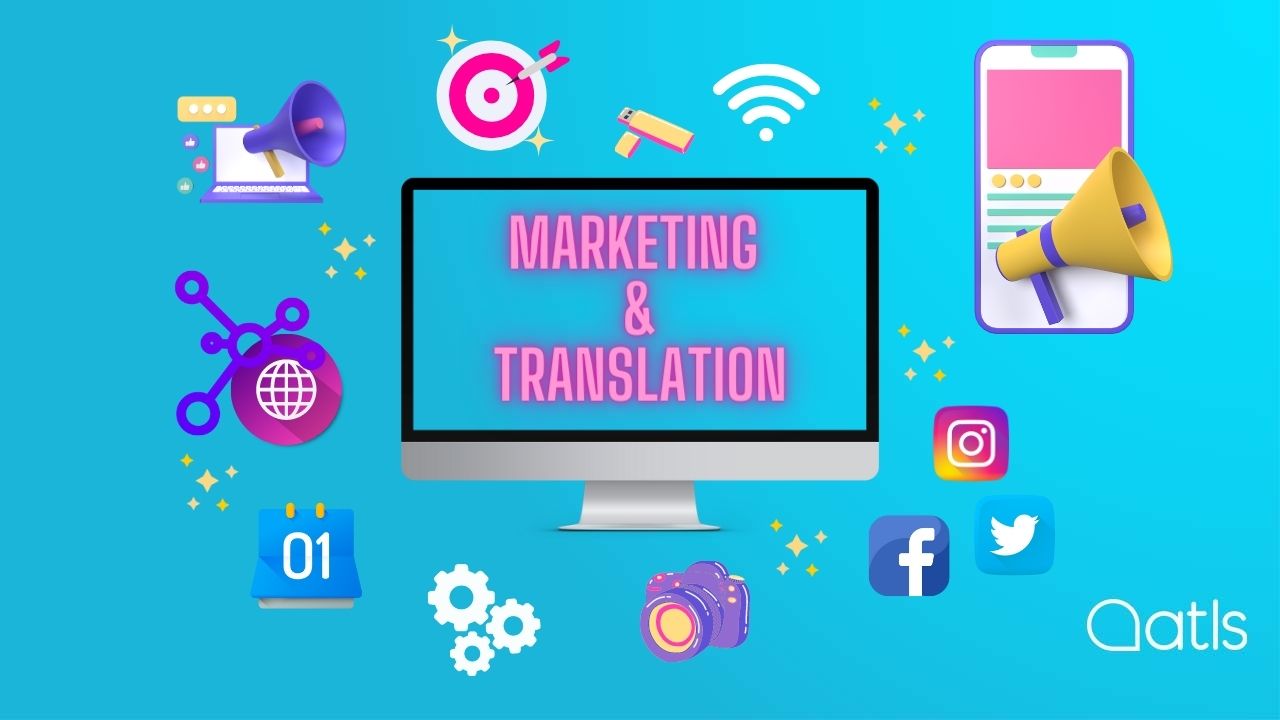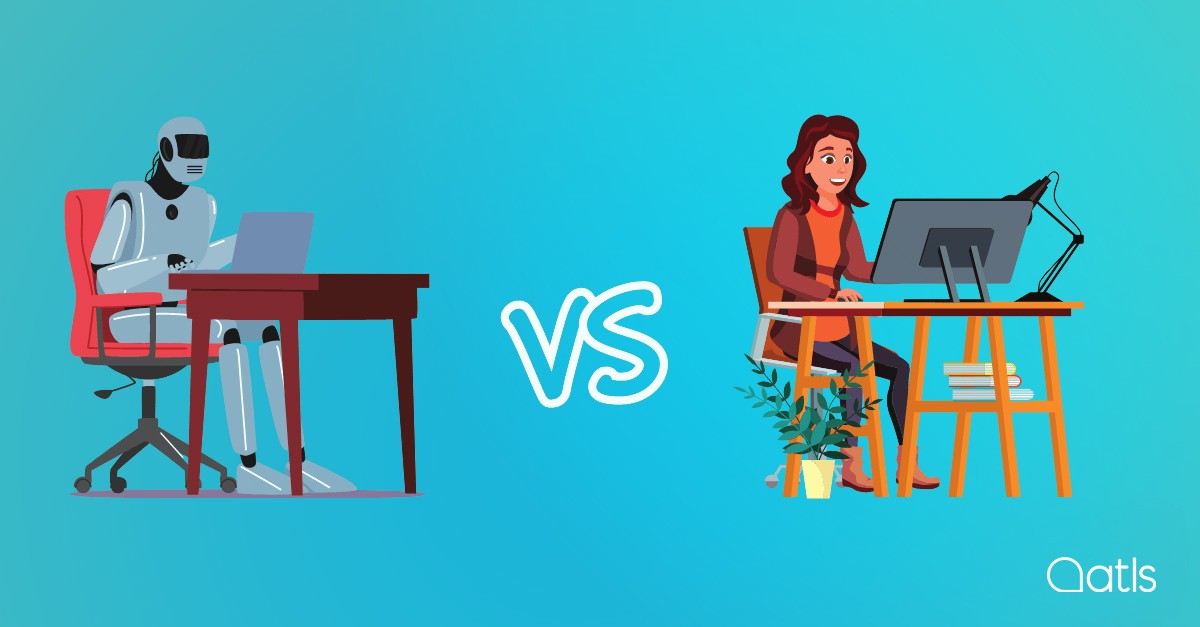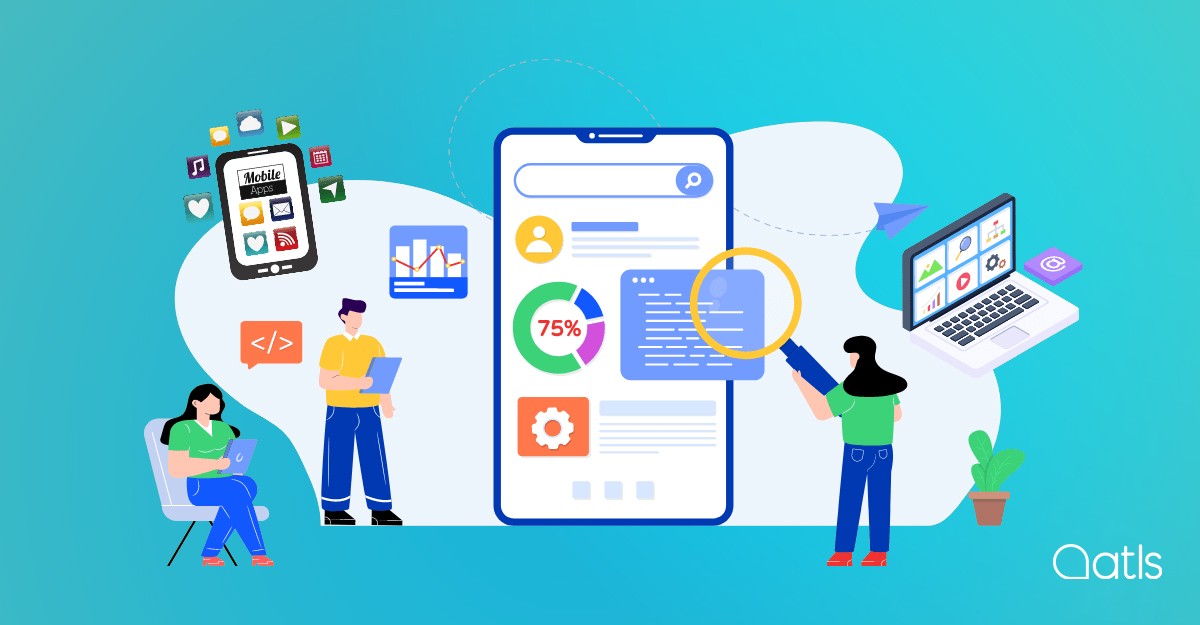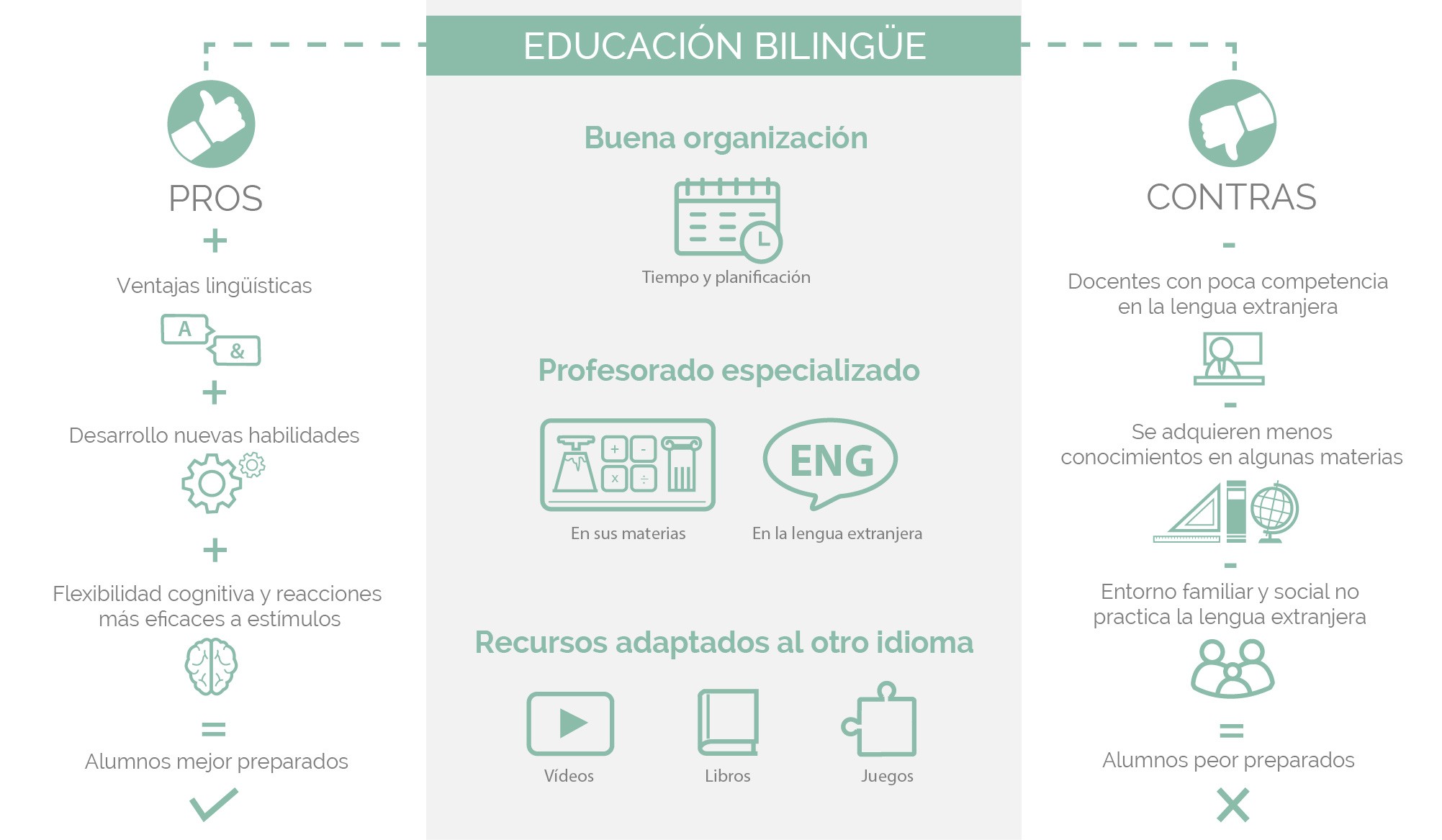An interview with our Vendor Manager

This week we interviewed Stefania Romano, our Vendor Manager. Stefania holds a degree in Modern Languages and Literatures, a Master's degree in Applied Linguistics, and has several language courses under her belt. Her professional career has centred on writing, reviewing, and proofreading all types of content. She has also worked as a consultant, data analyst, and CRM manager, maintaining and improving several databases. These skills have equipped her with the knowledge and practical experience to excel in her job at ATLS. We asked her about her thoughts on the sector and which direction translation is going in.
How many languages do you speak?
Four. Italian, Spanish, English, and French.
What made you choose this profession?
Languages have always been my passion. The sector is evolving a lot, and I'm always looking for ways to improve. A lot of changes have happened since I was studying, and I love getting to know about technological advances in translation and linguistics in general.
Do you like what you do? Why?
I like my work because I connect translators with our company, always considering the needs of each one and trying to find a solution for them both. In other words, I find translators who are looking for work at the same time as getting language providers on board for the company.
Which direction do you think the translation sector is going in?
Our sector is heading towards machine translation. Translators are increasingly becoming quality controllers and proofreaders: the advantage being for them that they can better optimise time as it makes their work easier. Automation is not a threat to translators because there will always be a need for a person. What it means is that it helps them to do their work more quickly and accurately, offering advantages such as textual and terminological consistency. In addition, some language combinations don't always result in entirely satisfactory translations, so we need translators to intervene and review and correct these errors.
In your opinion, what gives ATLS a competitive advantage?
What differentiates AT from all the others - and what I think is its major asset - is that it develops its own technology. Our in-house technicians have created a proprietary tool enabling them to accumulate a lot of translation memory, resulting in high-quality machine translation. Due to the nature of my role, I'm in contact with our translators, and they're delighted with machine translation because it makes the work much easier for them.
What's the most difficult challenge you've faced since you've been working here?
Sometimes it's not easy finding specialist translators working in particularly niche sectors, such as aeronautical texts or historic manuscripts. Some language combinations like Spanish into Mongolian or Spanish into Hebrew are also difficult to find.
What has been your greatest accomplishment while working for ATLS?
My biggest achievement was organising our entire network of external providers, making it possible to match exactly the right translator to each project.
Technology and translation are very different. How do you think they fit in with ATLS?
I think translation and technology are very similar. Advances in computational linguistics and neural machine translation in recent years are testament to it. It's possible to automate translation because it works with languages that follow certain rules. This means we can define language reproduction processes and anticipate the resulting message in the target language, with varying degrees of success depending on the language combination.
Every year people choose from thousands of countries to find their holiday destination.Do you think translation is important for travelling?
Translation is fundamental because not everyone speaks the same language and there's always a need for helping people understand. Our profession is particularly important in this field because when it comes to adapting content for train stations, airports, and tourism guides, it's essential that no mistakes are made. Sometimes translation errors can be funny, but they also mean that the original information isn't being conveyed correctly and that can confuse travellers.
To sum up, translation is essential in the world we're living in today. Everyone's needed it at least once in their life to get their message across. Our challenge is to always make communications faster and more reliable, regardless of the language.




